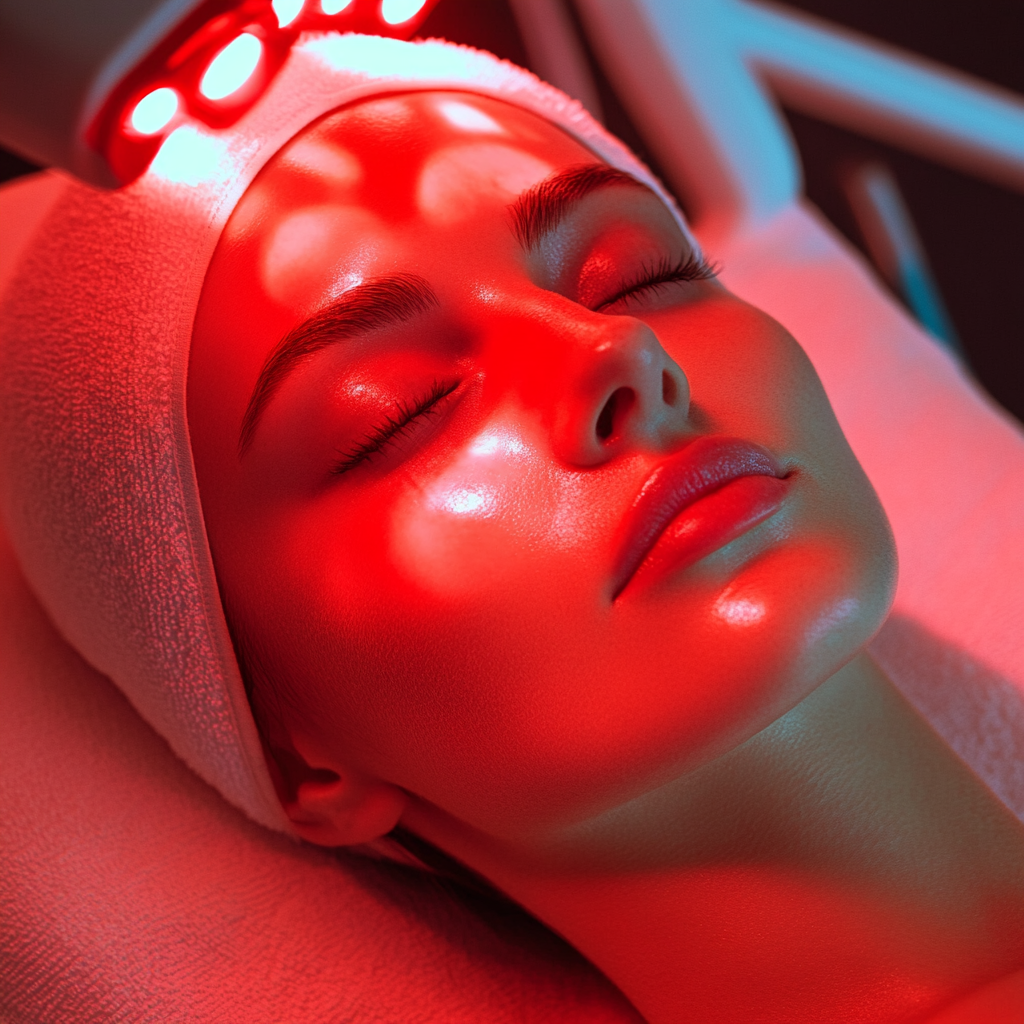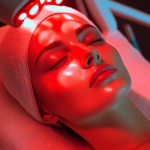Now Reading: The Science of Exosomes: Are They the Future of Skincare?
-
01
The Science of Exosomes: Are They the Future of Skincare?
The Science of Exosomes: Are They the Future of Skincare?

Skincare science is evolving rapidly, and one of the most groundbreaking innovations in recent years is the use of exosomes. Once confined to medical research and regenerative medicine, exosomes are now making their way into luxury skincare formulations, promising everything from enhanced cell renewal to improved skin texture and elasticity. But what exactly are exosomes, and do they live up to the hype?
What Are Exosomes?
Exosomes are tiny extracellular vesicles that act as messengers between cells, carrying important bioactive molecules like proteins, lipids, and RNA. Essentially, they facilitate cell-to-cell communication, instructing skin cells to regenerate, repair damage, and enhance their function. Think of them as cellular couriers, delivering critical information that helps maintain healthy, youthful skin.
Originally studied for their role in stem cell therapy and regenerative medicine, exosomes are now being harnessed for anti-aging and skin rejuvenation. Unlike traditional growth factors, which may degrade quickly or cause irritation, exosomes are believed to be more stable, efficient, and biocompatible.
How Exosomes Benefit the Skin
1. Enhanced Skin Regeneration
Exosomes can stimulate collagen and elastin production, leading to firmer, plumper skin. This makes them particularly promising for reducing fine lines, wrinkles, and sagging. Clinical studies suggest that exosome-infused treatments may accelerate wound healing, making them a potential game-changer for post-procedure recovery after laser treatments or microneedling.
2. Anti-Inflammatory & Repairing Properties
Inflammation is a major driver of premature aging, hyperpigmentation, and chronic skin conditions like eczema and rosacea. Exosomes have shown anti-inflammatory effects, which could help calm redness, reduce oxidative stress, and promote an overall healthier skin barrier.
3. Potential for Hyperpigmentation & Acne Scarring
By modulating melanin production and increasing cellular turnover, exosomes may aid in fading dark spots, post-inflammatory hyperpigmentation, and acne scars. Some studies indicate that they can also enhance skin brightness and even tone, similar to ingredients like niacinamide or vitamin C, but with more advanced regenerative properties.
4. Improved Hydration & Barrier Function
A compromised skin barrier leads to dehydration, irritation, and sensitivity. Exosomes, thanks to their ability to boost lipid production and repair the epidermis, may strengthen the skin’s natural moisture barrier, making them ideal for dry, stressed, or compromised skin.
Do Exosomes Actually Work? The Science So Far
Early research on exosome-based skincare is promising, but it’s important to note that the field is still emerging. While studies have shown that exosomes can effectively influence cellular repair and regeneration, the delivery method, formulation, and source of exosomes are crucial for efficacy.
Dermatologist-backed studies suggest that exosomes derived from human stem cells or plant sources may have the highest bioavailability and therapeutic potential. However, not all exosome skincare products are created equal—some brands may use low-quality or unstable exosome formulations that lack the potency seen in clinical research.
Are Exosomes Safe in Skincare?
Since exosomes originate from biological sources, concerns about safety and potential immune reactions exist. Reputable formulations undergo rigorous purification and stabilisation processes to ensure safety and efficacy. Unlike stem cells themselves, exosomes do not contain DNA, meaning they are unlikely to trigger adverse immune responses.
However, because this technology is still new, regulatory oversight is limited, and consumers should be cautious when choosing exosome-based products. It’s always best to look for brands that conduct independent clinical testing, disclose their sourcing, and have dermatologist endorsements.
Should You Try Exosome Skincare?
Exosome-based skincare represents a cutting-edge innovation, but it’s not yet a miracle cure. If you’re dealing with aging concerns, compromised skin, or post-procedure recovery, exosome-infused serums and treatments may offer noticeable benefits. However, they should be complemented with proven skincare staples like retinoids, antioxidants, and SPF.
As research progresses, exosomes may become a cornerstone of regenerative skincare, bridging the gap between cosmetics and medical-grade treatments. For now, if you’re curious, opt for dermatologist-recommended formulations and be prepared to invest in premium products with verified efficacy.

























